A Family Medicine Resident’s Perspective: From an interview with a family medicine resident from Columbus, Ohio.
Part of an interview series entitled, "Specialty Spotlights", which asks medical students' most burning questions to physicians of every specialty. See what doctors from every specialty had to say about why they chose their specialty and how to match in their residency.
-
-
What attracted you to Family Medicine?
I grew up wanting to be a doctor because of the influence of my own family doctor in my life. I love the emphasis that Family Medicine places on developing long term relationships with patients. This provides a daily reminder that behind every disease is a person with hopes, dreams, and fears. I also have a passion for nutrition and fitness and I have found that developing great rapport with my patients is an essential step before they will trust me enough to make dramatic and important lifestyle changes. I really enjoy the breadth of knowledge that my field requires. It excites me to realize that, of necessity, I will be learning for the rest of my life.
-
Describe a Family Physician's typical work day?
This depends on what type of work you choose to do. Family Physicians can choose to work in an outpatient setting only, as a hospitalist, in an ER, or in an urgent care center just to name a few possibilities. A typical Family Physician who works in an outpatient setting will work from 8:00 or 8:30 am until 5:00 or 5:30 pm, M-F.
-
What type of lifestyle can a Family Physician expect?
Again, this largely depends on how you choose to practice. Call responsibilities range from no call at all to one weekend in 8 to call every other day. If you're interested in providing OB care or in working in a very rural area your call responsibilities are likely going to increase.
-
What is the potential salary of a Family Physician?
There's a lot of regional variation, but across the country most FPs make somewhere between $130k and $350k with the average being somewhere around $200k for most FPs in their peak years. That being said, I know one FP that makes $50k per year and one that makes $500k per year. Again, there's a wide amount of variation. Also, many locations will offer loan repayment to family physicians that practice in their communities.
-
What is the job market like for Family Medicine Doctors?
In a word, excellent. Family physicians are needed everywhere and residents are recruited heavily starting in their first year of residency.
-
What are the potential downsides of Family Medicine that students should be aware of?
There are some negative misconceptions about Family Medicine that come out strongly in most academic institutions (e.g., you can't go into FM if you rock the USMLE because it would be a waste of your talent, FM offers very little opportunity for research, etc.). Also, your compensation can depend in large part on how business-savvy you are and how efficiently you organize your office. This is becoming less of an issue as more FPs are employed by hospitals or HMOs, but is still a consideration for most small groups.
-
What else would you tell medical students who are considering Family Medicine?
Family Medicine is a wonderful field. As a Family Physician you will have the opportunity to impact the lives of your patients in ways that almost no other physician can. You will see your patients at some of the best and worst moments of their lives, and they will come to greatly trust and value your advice. Daily patient encounters as a Family Physician can be incredibly rewarding. Family Physicians have almost limitless career opportunities both in terms of where they want to practice and in terms of how they set up their practice. This amount of freedom is amazing.
Editor's Note: For more help choosing a specialty in medicine, I highly recommend one or both of these two great books. I found both very useful.





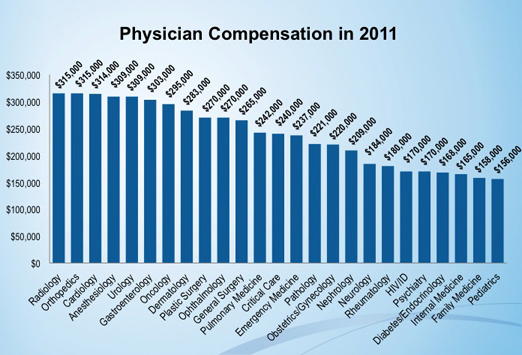
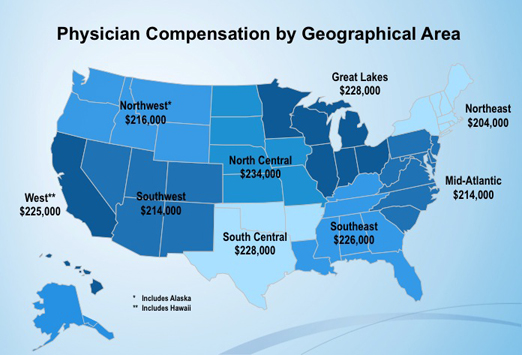
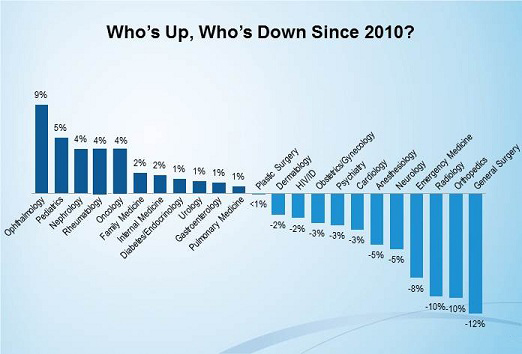

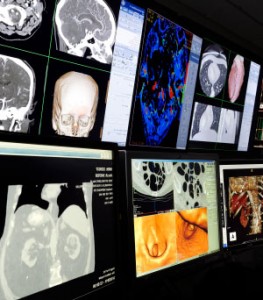
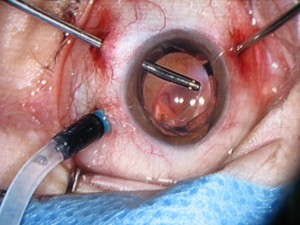
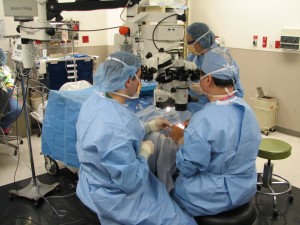

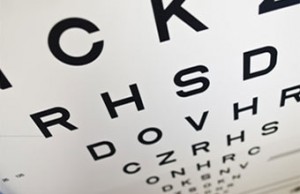
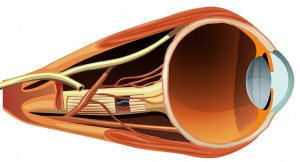
 My name is Andrew and I am a first year resident training to be an ophthalmologist. I created ShortWhiteCoats to provide medical students, residents, and the public with all the information I spent so many hours looking for during medical school.
My name is Andrew and I am a first year resident training to be an ophthalmologist. I created ShortWhiteCoats to provide medical students, residents, and the public with all the information I spent so many hours looking for during medical school.







